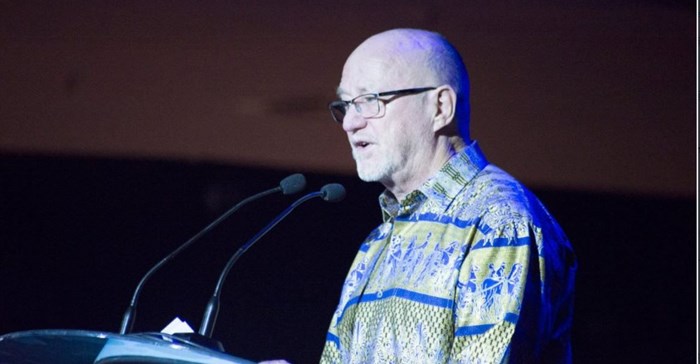
Top stories





ESG & SustainabilityEngen partners with Palesa Pads to provide reusable pads to hundreds of South African school girls
1 hour

More news




Logistics & Transport
Uganda plans new rail link to Tanzania for mineral export boost















"Tourism growth and sharing the benefits of tourism, contribute to replacing poverty and despair with prosperity and hope. Africa’s Travel Indaba is the ideal springboard for further growth." These were the words of South African Tourism Minister, Dereck Hanekom at the official Welcome Networking Function at the 2018 Africa’s Travel Indaba.
The three-day event, which took place from 8 to 10 May at the Durban ICC in KwaZulu-Natal proved his words true, with nearly 6,500 delegates attending the event. This reflects an increase of 4%, while 1,747 buyers also attended Indaba with hosted buyers numbering 1,095, reflecting an increase of 14%.
The delegates attending hailed from 80 countries of which 23 were African. This is important in light of the Indaba’s positioning as a pan-African event. The tourism sector contributes 8% to the GDP of the continent, employing 6.5% of the workforce. In 2017, a record 62 million people visited Africa – an 8% year-on-year growth. However, this is still only 5% of global tourists.
"Imagine the impact tourism will make on growth, jobs and livelihoods if, or rather when, we double and quadruple that! We can exponentially increase the value that tourism brings by collaborating to make tourism work for everyone," says Hanekom.
South African Tourism’s chief executive officer, Sisa Ntshona says Indaba’s goal is to create a platform that allows the world to do business with Africa and business is happening. "We are therefore encouraged by the number of buyers who have come from various parts of the world."
The African Ministers’ Session, hosted at Indaba for the past four years, has been established itself as a platform for policymakers to discuss emerging tourism trends, opportunities and challenges facing the tourism sector on our continent, and most critically, the interventions required to enhance the performance of the sector.
"This year we focused on how integrating regional tourism can be used as a tool for economic development. We explored the role of governments in creating a conducive environment for regional tourism integration and the role of the private sector and investors in developing regional tourism products and promoting growth," says Hanekom.
This year the Indaba also hosted the Tourism Investment Seminar, which will help assess the appetite for emerging opportunities says Hanekom. "We have created opportunities for investors to interact with an array of product owners, tourism operators, development finance institutions and representatives of the government."
